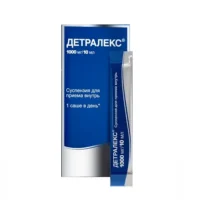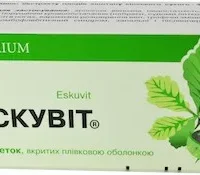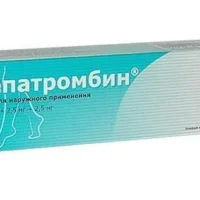Description
Dioflan (Heparin) Coated Tablets 500 mg. №30
Ingredients
Each coated tablet contains 500 mg of heparin.
Mechanism of Action
Heparin functions as an anticoagulant by potentiating the activity of antithrombin III, leading to the inhibition of the coagulation cascade and the prevention of blood clot formation.
Pharmacological Properties
Dioflan (heparin) coated tablets exhibit anticoagulant properties by interfering with the clotting process, thereby preventing the formation of blood clots.
Indications for Use
Dioflan (heparin) coated tablets are indicated for the prevention and treatment of blood clots, including deep vein thrombosis and pulmonary embolism.
Contraindications
Avoid the use of Dioflan (heparin) coated tablets if you have a known allergy to heparin or a history of heparin-induced thrombocytopenia.
Side Effects
Common side effects of Dioflan (heparin) coated tablets may include bleeding, bruising, or injection site reactions. Contact your healthcare provider if you experience any unusual symptoms.
Usage Instructions
The typical dosage regimen involves taking one tablet orally three times a day. Follow the specific instructions provided by your healthcare professional for optimal results.
Benefits Compared to Analogues
Dioflan (heparin) coated tablets offer a proven track record of efficacy and safety in preventing and treating blood clots, setting them apart from other anticoagulant medications.
Suitable Patient Groups
Dioflan (heparin) coated tablets are suitable for a wide range of patient populations, including adults, elderly individuals, and children under appropriate medical supervision.
Storage and Shelf Life
Store Dioflan (heparin) coated tablets in a cool, dry place away from direct sunlight. Check the expiration date on the packaging and do not use the product beyond the stated shelf life.
Packaging Description
The product is available in blister packs containing 30 coated tablets of 500 mg each, ensuring convenient and accurate dosing for patients.
Scientific Evidence
Heparin has been extensively researched as an anticoagulant agent, with clinical studies demonstrating its efficacy in preventing blood clots and associated complications. The mechanism of action involving antithrombin III activation has been well-established in scientific literature.





